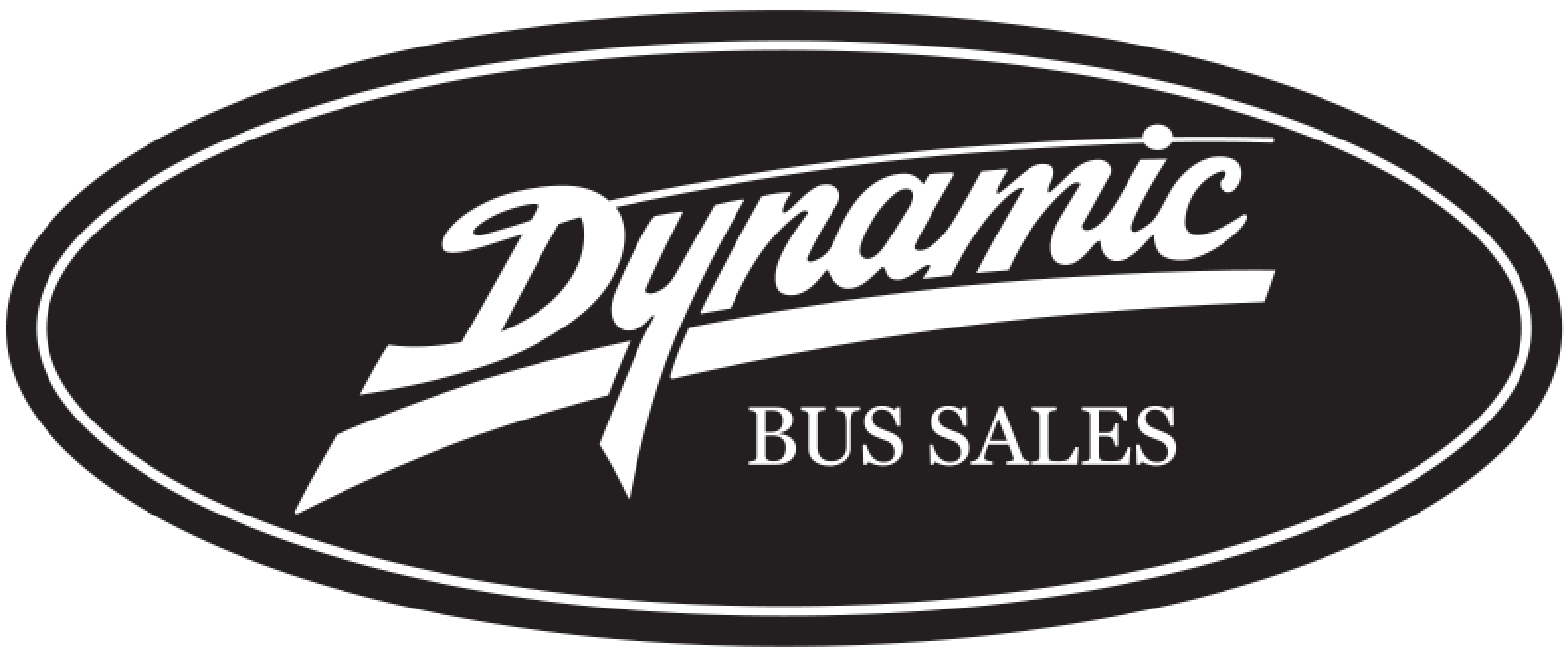Why Leasing a Bus Might Be a Good Option
Leasing versus buying a bus is a very complex calculation that should be discussed with your accounting people. There are, however, some distinct advantages to leasing. In this blog article, we’re going to go over them with you.
Money
The biggest and most obvious difference is that if you lease, you don’t have to put up all the money up front to buy your equipment. Leasing allows you the freedom of paying over time. Although figuring into this decision is what is the cost over time if you lease, and you also have to consider the present value of money.
Maintenance
Maintenance costs are typically included in a lease, so, you won’t be responsible for the maintenance costs during the first few years, or however long your lease runs.
Taxes
There may be a tax benefit to leasing, but that is something best left to your accountant to determine.
Stability
By paying a lease, you have a predictable funding stability. You know how much you have to pay each month. This can result in better long-term projections and also better operating performance long term.
Deciding whether to buy or lease has a lot of variables that figure into the calculation. It’s important to consider how big of a fleet you have or want, how often you need to add a bus, your cashflow, the tax implications, equipment lifecycles, and what your overall business plan looks like. There is a big difference on your financial statements between owning and not owning the equipment. It’s not a simple decision, but sometimes leasing is the best answer.
Dynamic Specialty Vehicles has been supplying and servicing mid-sized buses for over 30
years. With long-term contracts with demanding clients like BC Ambulance and BC Transit,
Dynamic Specialty Vehicles knows how to keep their clients safe and their buses running
smoothly.
If you have any questions about this article or would like further information about buses
and/or services, please call us on our Toll-Free number, (888) 416-9333.


